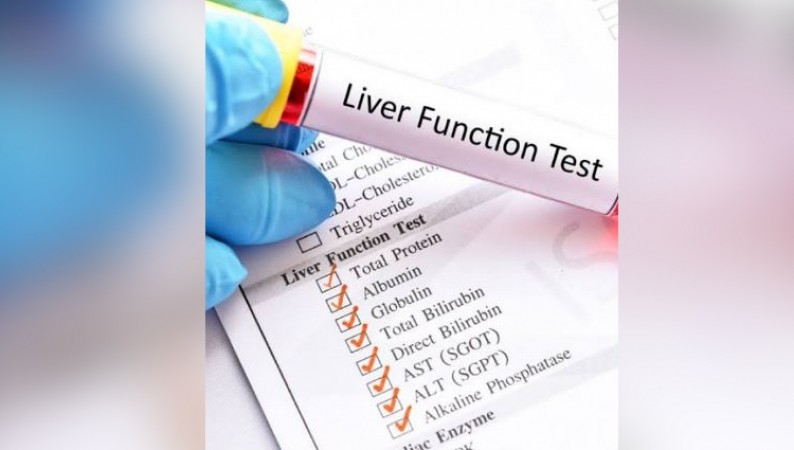
The liver is the largest organ in the body that has various responsibilities such as filtering toxins from the blood, regulating sugar levels and producing protein for blood clotting. These are important body functions as without them you will succumb to diseases. Apart from alcohol, other factors can also damage your liver cells, indicating the need to get frequent liver function tests. A liver function test analyses numerous enzymes, proteins, and bilirubin.
How Does Your Lifestyle Impacts Your Liver Health?
It's not just alcohol but several other lifestyle factors that could affect your liver health. The most common are:
1. Sedentary Lifestyle
People who are overweight and have an inactive lifestyle are prone to health issues. Inactivity is a significant contributor to liver diseases. A daily exercise routine can help your liver. You can rely on walking, cycling, aerobics, or swimming.
2. Unhealthy Diet
Eating processed foods, sugary foods, and refined carbohydrates can affect your liver's functioning over time. Cutting down on these foods will help your liver to perform better. Add more fruits, vegetables, protein-rich foods and healthy carbs to your meals.
3. Smoking
Cigarette smoking is harmful to your heart and lungs. But, did you know it can also severely damage your liver? The toxin present in tobacco triggers inflammation in your body, which can result in severe liver damage. Smoking also triggers cytokine production through chemicals that increase inflammation and injury to liver cells.
4. Obesity
Being overweight not only increases your risk of developing heart disease, and stroke but also decreases your liver function. Excessive fat results in insulin resistance, which triggers the release of free fatty acids that can cause damage to the liver. Obesity can also lead to non-alcoholic fatty liver disease, which then increases the risk of liver failure and cancer.
5. Drinking Sugary Drinks
Colas and fizzy beverages have excessive sugar content in them. These carbonated beverages are known to have adverse effects on liver health, such as liver cancer and even death by chronic liver disease in older women. These drinks can be replaced by freshly made juices without sugar, coconut water, or a glass of buttermilk.
6. Consuming Alcohol
Each time your liver filters alcohol, some of the liver cells die. Although your liver can make new cells, prolonged consumption of alcohol can severely damage your liver. So abstain from drinking alcohol and get frequent liver function tests.
7. Certain Medications
Overuse of medicines that reduce cholesterol such as statins and antipyretics such as acetaminophen can also lead to liver problems.
Remember, it is recommended to go for regular checkups to stay informed about your liver health. Taking liver function tests helps you identify problems early so that they can be addressed timely and do not become a cause for concern. If your liver function tests show any abnormal readings, your doctor would provide you with a treatment plan and may even order a fibro scan to determine the severity of the condition.
More to Follow: